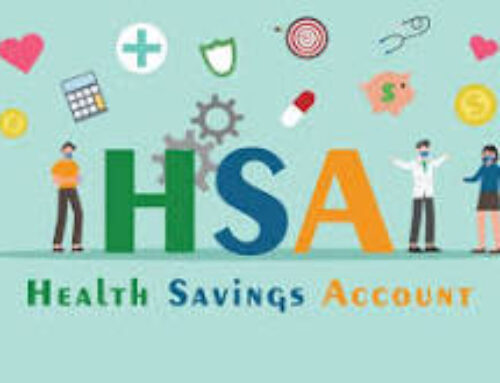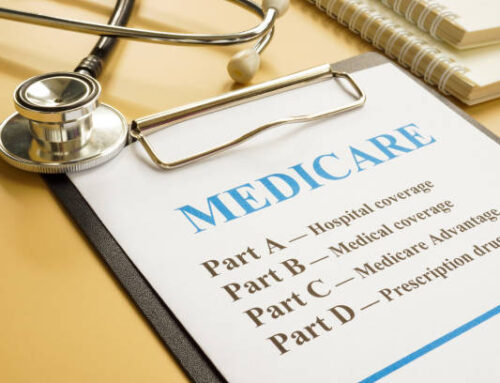Managing Drug Costs
How can households meet the challenge?
Are prescription drug costs burdening your finances? Some people find it a challenge to manage the cost of prescription drugs. Americans pay an average of $1,200 per year for medicine. For those facing greater and more dangerous ailments, some drugs can cost $10,000 per month or even lump sums in excess of $80,000 for certain drug therapies. Yes, health insurance and Medicare Part D can help you, but not everyone has access to Medicare, and not every insurance company has the same formulary. This means that your coverage may fall short—not something you want to hear when wrestling with a major diagnosis.1
How can a household try to manage drug costs? There are some approaches that may help.
Shop around & compare Part D plans annually. As you shop, keep in mind that plans with smaller premiums may have higher out-of-pocket costs. Some plans also limit monthly doses of certain drugs in their coverage or request patients to try less costly drugs before branded drugs can be prescribed.
Consider generics. A 2019 report from the Association for Accessible Medicines states that Americans saved $293 billion on generic drugs, with nearly $2 trillion saved over the previous decade. Most generic prescriptions get filled for $20 or less, while name-brand copays average over $40. Short version? Those savings are considerable, when available, and they add up.2
Stay within the plan network. If you go out of network for non-preferred medications, your cost for those medications may rise. That said, shopping around at different pharmacies may yield some savings.
Ask a compounding pharmacy if it can make a medication for you. In such an instance, the savings could be substantial.
Health Savings Accounts (HSAs) & Roth IRAs may also be useful. If you do not yet qualify for Medicare coverage, you may have the choice to create an HSA, which must be used in conjunction with a high-deductible health plan. HSAs are funded with pre-tax dollars, so the contributions reduce your taxable income.3
There are also some HSA rules and limitations to consider. You are limited to a $3,600 contribution for 2021 if you are single; $7,200 if you have a spouse or family. Those limits jump by a $1,000 “catch-up” limit for each person in the household over age 55.3
If you spend your HSA funds for non-medical expenses before age 65, you may be required to pay ordinary income tax as well as a 20% penalty. After age 65, you may be required to pay ordinary income taxes on HSA funds used for non-medical expenses. HSA contributions are exempt from federal income tax; however, they are not exempt from state taxes in certain states.
If you are the original owner of a Roth IRA, you do not have to start taking distributions at age 72. And if you are least 59½ years old and have owned the Roth IRA for at least five years, any distributions you take may be exempt from federal taxes.3
Lastly, see your doctor on a regular basis. A routine checkup could alert you and your primary care physician to what could become a chronic ailment. If treated early, that ailment could be allayed, even overcome. Undetected or untreated, it could result in a long-term health problem with long-run financial impact.
Registered Representative, Securities offered through Cambridge Investment Research, Inc., a Broker/Dealer, Member FINRA/SIPC. Investment Advisor Representative, Cambridge Investment Research Advisors, Inc., a Registered Investment Advisor. Cambridge and North Light Financial Services are not affiliated. Cambridge does not offer tax advice. Office of Supervisory Jurisdiction: 46 Accord Park Drive / Norwell, MA 02061 Phone: 781-878-4063
This material was prepared by MarketingPro, Inc., and does not necessarily represent the views of the presenting party, nor their affiliates. This information has been derived from sources believed to be accurate. Please note – investing involves risk, and past performance is no guarantee of future results. The publisher is not engaged in rendering legal, accounting or other professional services. If assistance is needed, the reader is advised to engage the services of a competent professional. This information should not be construed as investment, tax or legal advice and may not be relied on for the purpose of avoiding any Federal tax penalty. This is neither a solicitation nor recommendation to purchase or sell any investment or insurance product or service, and should not be relied upon as such. All indices are unmanaged and are not illustrative of any particular investment.
Citations
1. WashingtonPost.com, September 16, 2020
2. Association for Accessible Medicines, 2019
3. Investopedia.com, September 9, 2020





